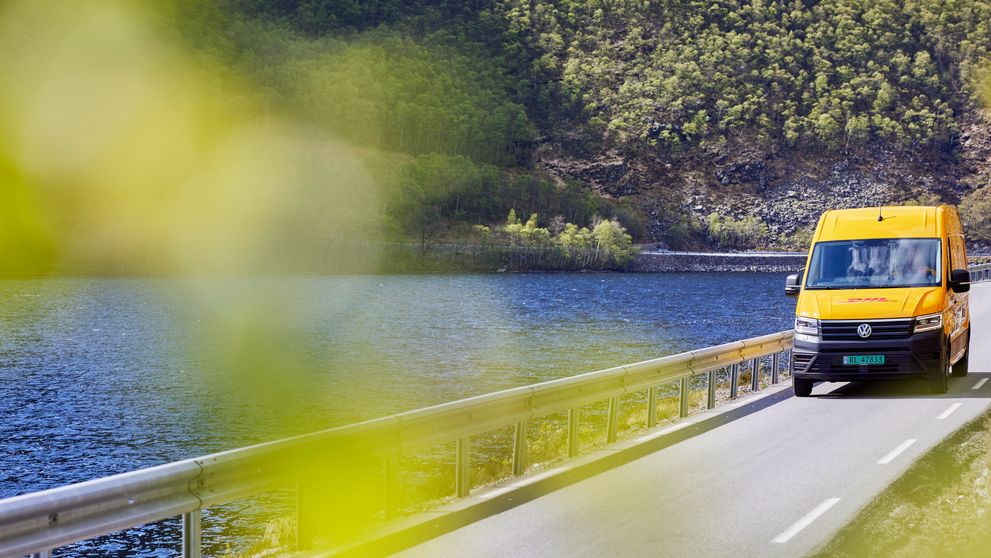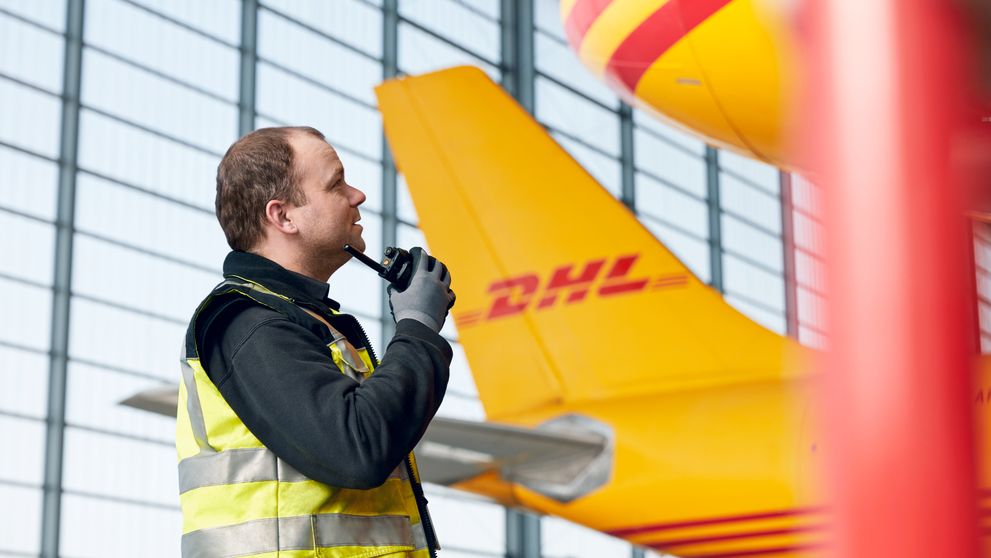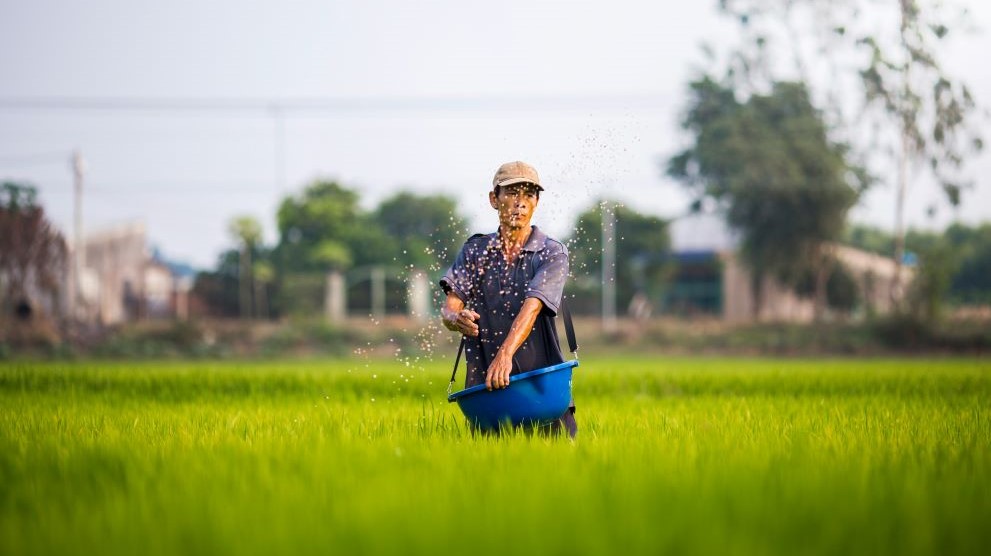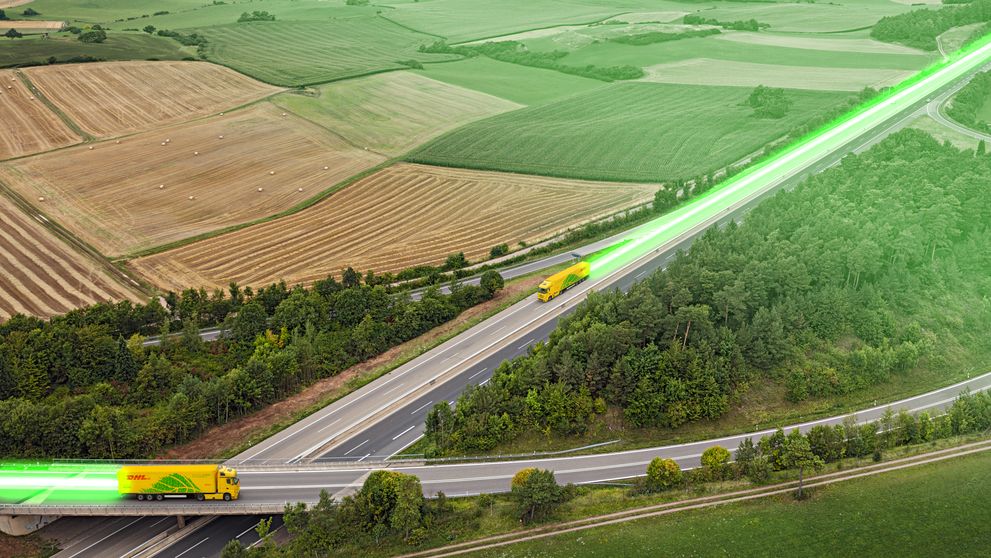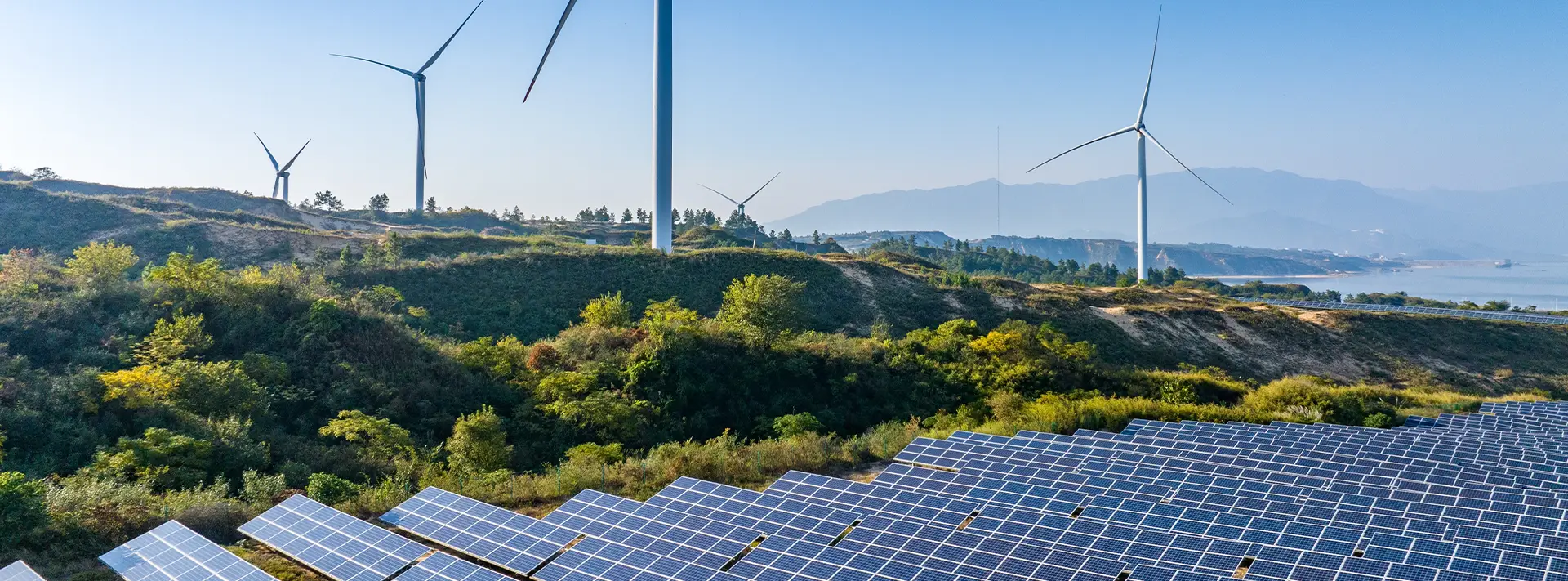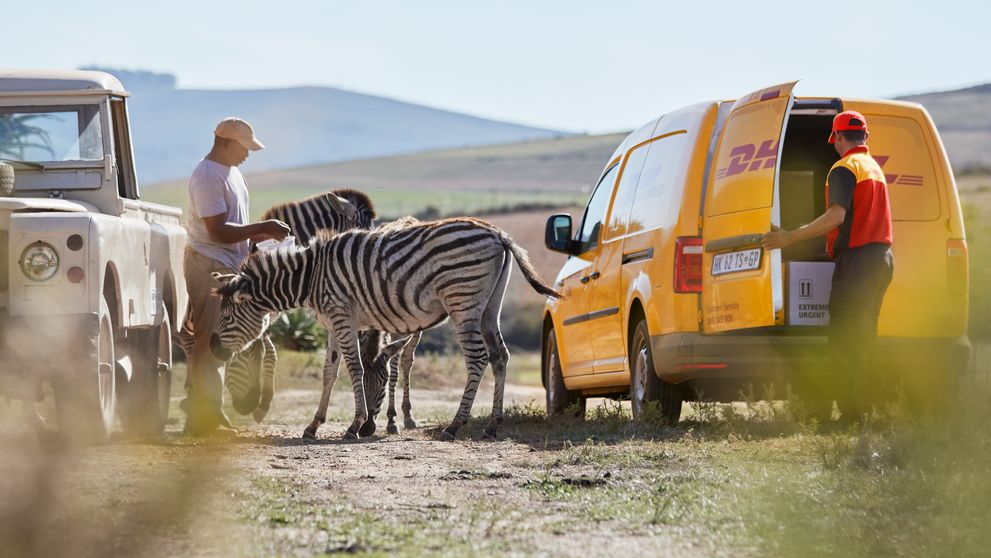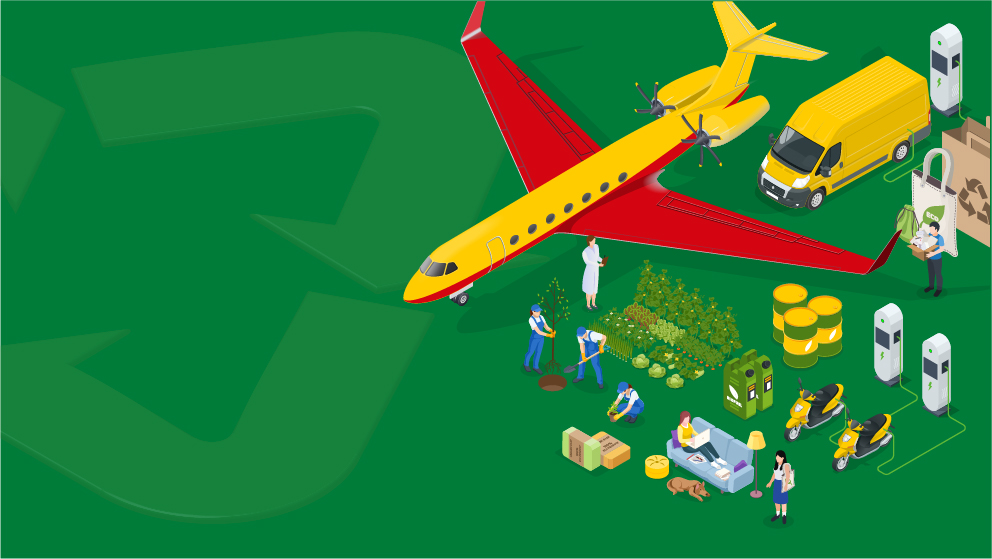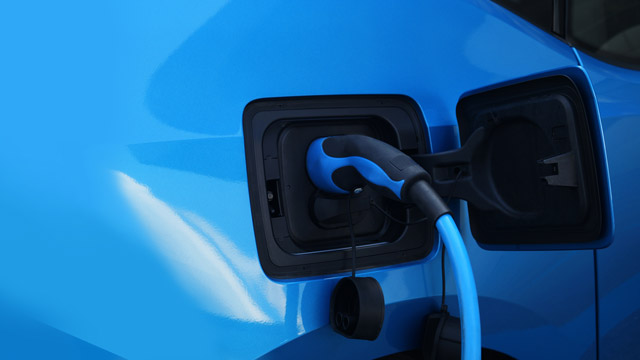Over the past decade, Cambodia has become an economic focal point in Southeast Asia, with a rapidly expanding economy fueled by the rise of industry, trade, and investment. According to the World Bank’s Cambodia Economic, real growth in Cambodia climbed to 5.2% in 2022. The core of this growth is anchored by transportation and logistics, essential mechanisms that facilitate the movement of goods, services, and people both within the country and internationally.
As Cambodia continues its ascent, it faces a critical juncture – ensuring that this growth is accompanied by a commitment to sustainability. This is where sustainable transport and logistics enters the fray, promising a future that is both economically vibrant and environmentally conscious.
The sustainability imperative in transport
Sustainability in transport isn't just an environmental buzzword – it's a necessity. According to the International Energy Agency (IEA), emissions from the transport sector grew by more than 250 Mt CO2 to nearly 8 Gt CO2, 3% more than in 2021. Road vehicles – cars, trucks, buses, and two- and three-wheelers – accounted for more than a third of the transport sector’s CO2 emissions, with aviation and shipping contributing most of the remainder, as found by Statista.
For countries looking to reduce their carbon footprint, overhauling the transport sector becomes a priority.
The transportation sector is one of the most significant contributors to global carbon emissions. Conventional transport modes, reliant on fossil fuels, not only impact our planet's health but also pose economic risks. Fluctuating oil prices can affect operational costs, and potential future regulations around emissions could add financial burdens on non-compliant businesses.
Moreover, the effects of climate change, exacerbated by unsustainable practices, can lead to disruptions in logistics and supply chains due to extreme weather events. For Cambodia, a country with a burgeoning logistics and transport sector, the stakes are high. Sustainable transport isn't just about being green – it's about ensuring the continued growth and resilience of the Cambodian economy.
Emerging sustainable transport practices in Cambodia
Cambodia is not idly standing by. A wave of sustainable initiatives is reshaping the country's transport landscape:
Electric vehicles (EVs)
Cambodia's embrace of electric vehicles (EVs) is becoming evident with each passing year. The statistics are compelling: a staggering 1,000 % increase in registered EVs was observed in 2022, as per the Khmer Times’ report. This aligns with Cambodia's ambitious goal: by 2050, they target 40% of cars and urban buses and 70% of motorbikes to be electric.
Electric mopeds are gaining traction in urban settings like Phnom Penh. Innovations like Oyika’s Go2 app exemplify this trend, allowing users to rent and conveniently park electric scooters for subsequent users. As this movement grows, residents and tourists can soon expect to see electric tuk-tuks in Phnom Penh, echoing Cambodia's commitment to sustainable transportation.
This surge results from targeted governmental initiatives, amplified by support from the United Nations Development Program (UNDP). Together, they're paving the way for a more eco-friendly transport future by rolling out charging stations across the country.
